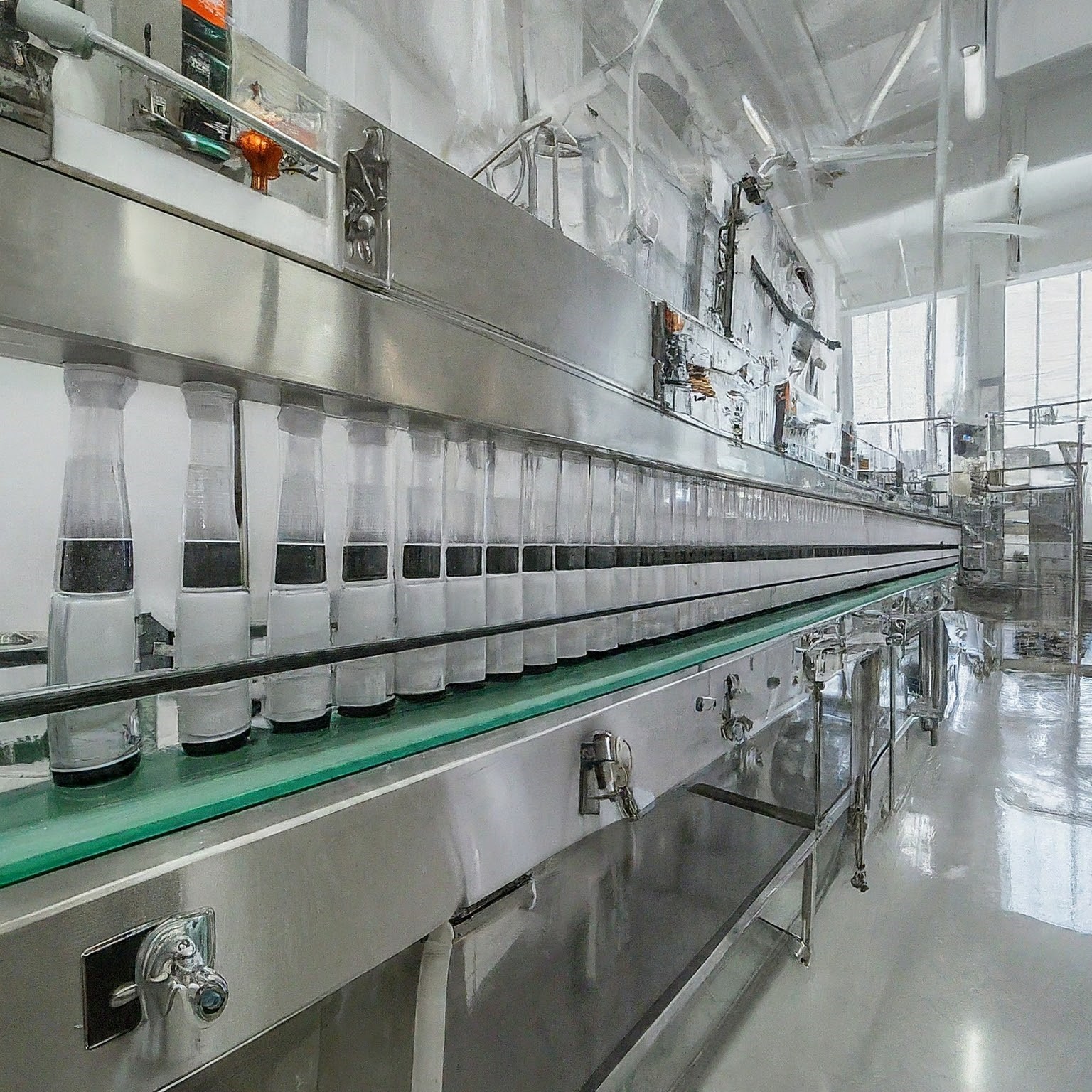Eyelash extension adhesive is extremely important for properly applying and preserving eyelash extensions.
You need to know everything there is to know about eyelash extension glue if you want to really up your lash game. Additionally, occasionally, a customer may ask about the characteristics and risks of the lash adhesive; you must respond confidently to those inquiries.
This post will impart the insightful insider expertise we have acquired over years of employment as an eyelash glue manufacturer.
What’s In Your Lash Glue?
Cyanoacrylate:
Because of its unique curing characteristic, Cyanoacrylate is the primary component in all professional lash adhesives. The chemical process known as “curing” causes the adhesive to crystallize, giving lash glue its extraordinarily strong grip and quick drying period, enabling lash extensions to be applied and adhered to natural lashes immediately.
Cyanoacrylate comes in five varieties that may be useful in lash adhesives. Each variety has unique properties, including drying time, viscosity, durability, grease resistance, breaking resistance, and more. These five categories are as follows:
- Ethyl-cyanoacrylate
- Methyl-cyanoacrylate
- Butyl-cyanoacrylate
- Octyl-cyanoacrylate
- Alkoxy-cyanoacrylate
Though there are five varieties, ethyl-cyanoacrylate is the most often used in lash glue because it cures quickly, forms a strong adhesive, and is simple to make. Certain combinations of these chemicals are used in some of our lash glues to give varying drying durations and humidity resistances.
Lash glues can include varying amounts of cyanoacrylate, which might cause them to die more quickly or slowly. For instance, our Bulletproof Max Adhesive dries extremely quickly—just 0.5 seconds—while our Bestie Bond Adhesive takes 1-2 seconds.
PMMA:
Polymethyl methacrylate, or PMMA, is the abbreviated name for this chemical. Another glue is PMMA, which focuses on strengthening the connection rather than cyanoacrylate; hence, its function is slightly different. PMMA controls the eyelash extensions’ long-term adhesive strength, while cyanoacrylate controls the extensions’ short drying time. It is a crucial component of any eyelash glue, as every client desires their lash extensions to stay in place for a long time.
To strengthen cyanoacrylate and help it cling to an eyelash extension, PMMA is useful in eyelash extension adhesives.
The two compounds that combine to make poly (methyl methacrylate) and cyanoacrylate provide eyelash extension glue with their most crucial characteristics:
- Quick drying
- Instantaneous attachment to the lashes
- A robust, long-lasting binding that guarantees several weeks of retention.
Carbon Black
The lash glue manufacturer uses carbon black in the lash extension glue to give the adhesive its rich black hue. This component is conspicuously lacking from clear lash adhesives and is in black adhesives. Customers allergic to carbon should use transparent glue.
Since black helps to better define the lash line and make the eyelash extensions stand out more, most lash glues are colored black. On the other hand, individuals who prefer subtler extensions over bolder ones will find that clear lash adhesive works well for them.
Hydroquinone
The name of this ingredient indicates its function in the concoction of substances that make up a bottle of lash glue. Your eyelash glue should remain liquid rather than hardening and solidifying in the container thanks to the action of hydroquinone. In more technical terms, hydroquinone functions as a stabilizer to prevent the curing process from happening and prevent the bottle’s contents from solidifying into a worthless bottle of glue.
Is Latex Used In Lash Glue?
Have you ever wondered why some individuals react badly to eyelash extensions? Maybe latex! Because latex has excellent adhesive qualities and prolongs the life of extensions, it has long been a component of lash glues. Allergies to latex, however, are frequent and can result in symptoms including itching, redness, and even breathing difficulties. An allergy can develop even in those who have never experienced a response.
Safety first at DAEJINGLUE Lash:
Our top priorities at DAEJINGLUE Lash are your clients’ and your safety. We utilize latex-free lash adhesive because of this. Why it matters is as follows:
- Reduced allergic responses: We reduce the possibility that our clients may feel uncomfortable responding by doing away with latex.
- Peace of Mind: Knowing that the adhesive is mild and unlikely to cause allergies gives you and your clients peace of mind.
- Quality Without Compromise: Our latex-free glues provide outstanding adherence for long-lasting lash extensions.
Does Lash Glue Include Formaldehyde?
The hazardous nature of this substance makes it a popular topic among eyelash extension professionals in the field. Indeed, but not in the way you might expect. Although it isn’t a component in lash adhesives, formaldehyde naturally arises in very minute amounts when other chemicals break down. Adhesives can’t be formaldehyde-free, even though they are not on purpose.
However, you need a significant amount of this chemical for it to be harmful to a person’s health. However, adhesives are safe for your clients since they only contain trace quantities; lash technicians are exposed to this toxin daily.
Conclusion
You may become a better lash technician overall by being aware of the components utilized in eyelash extension glues. While selecting the appropriate adhesive is important, it’s also important to understand exactly what you are applying to your clients’ eyelids.
Today’s clients are more interested in appearance than ever; therefore, you don’t want to be unprepared for their questions when they inquire about the contents of the goods you use! Possessing the answers may assist in calming your clients’ anxieties, fostering trust, and averting any unfavourable allergic reactions—especially for your most vulnerable clients.

